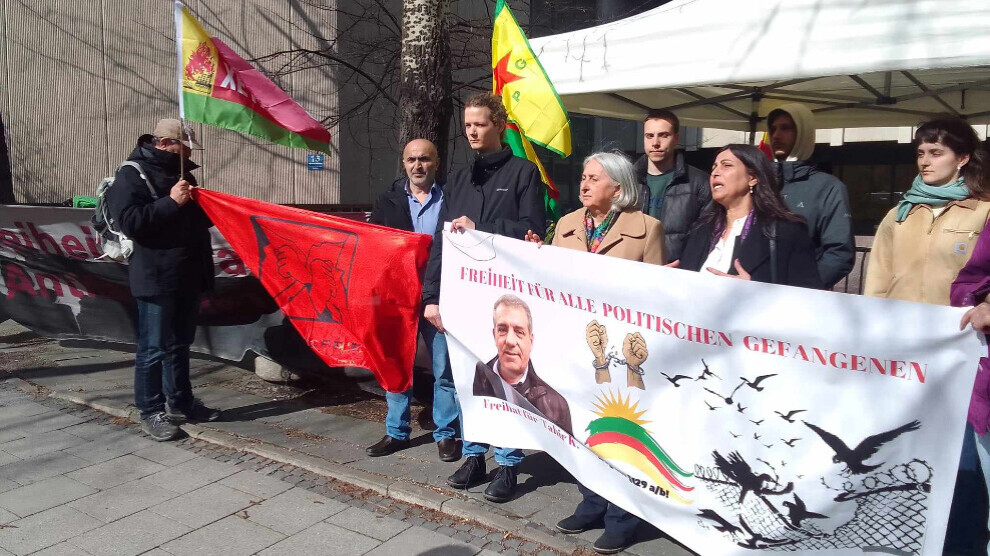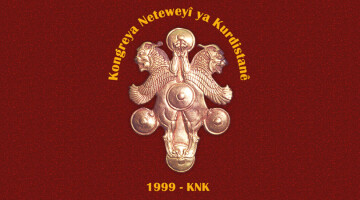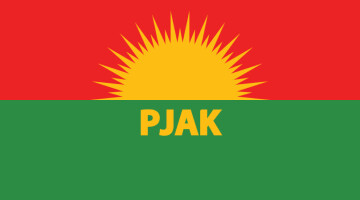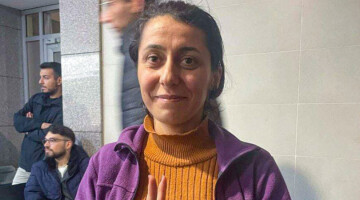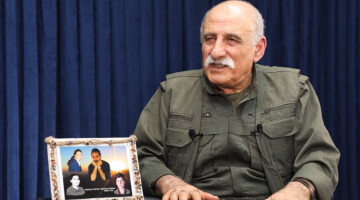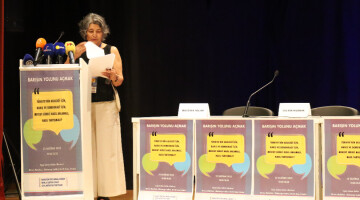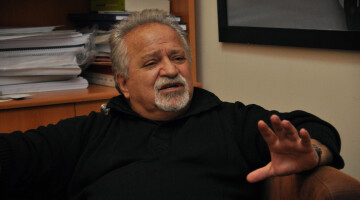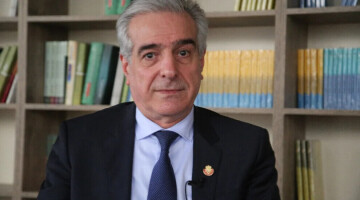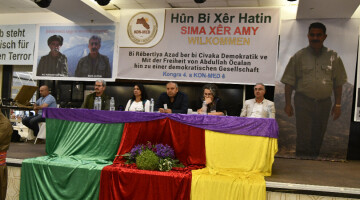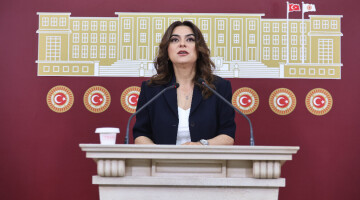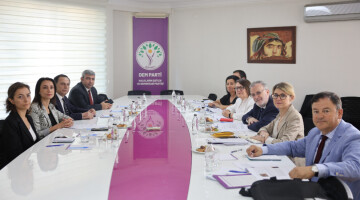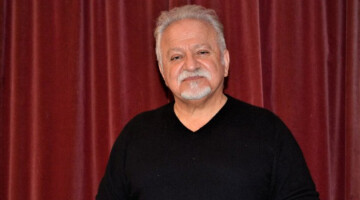The Munich Higher Regional Court on Friday sentenced Kurdish politician Tahir Köçer to a prison sentence of two years and five months for membership in the Kurdistan Workers' Party (PKK). The court came to the conclusion that the 59-year-old was the PKK area manager in the Nuremberg area and the region manager for Bavaria from the beginning of July 2021 until his arrest in December 2022. The conviction for "membership in a terrorist organization abroad" was carried out in accordance with Sections 129a/b of the Criminal Code.
On 22 December 2022, the police searched two private apartments and the Medya Volkshaus in Nuremberg as well as a third apartment in Hanover. They arrested Tahir Köçer in Nuremberg. It was only on 8 January 2024 that the main hearing against him was opened before the Munich Higher Regional Court.
Tahir Köçer is the former co-chair of the Confederation of Mesopotamian Societies in Germany (KON-MED), the largest umbrella organization of Kurdish organizations in the Federal Republic, and a member of the Kurdistan National Congress (KNK), the Kurdish parliament in exile. He is the father of five children.
Politician Nursel Aydoğan and KON-MED co-chair Ruken Akça were among those attending the hearing.
Lawyer Brenner: Political criminalization
Tahir Köçer’s lawyer, Michael Brenner, said: "This verdict shows once again that the courts are not willing to stop the criminal prosecution of Kurdish activists in Germany. A persecution that is made possible primarily by the prosecution authorization of the Federal Ministry of Justice. This must finally be repealed by the government and if this does not happen, it would be up to the courts to no longer see themselves bound by it."
Regarding the oral justification for the verdict, the lawyer said: "Mr. Köçer’s imprisonment in Turkey, the torture he endured, the many family members murdered by the Turkish state, were particularly highlighted and taken into account in mitigating the sentence - but the bottom line is that a Kurdish politician was sentenced to almost two and a half years in prison for things such as collecting donations, organizing meetings or writing reports. This political criminalization is made possible by Section 129b of the Criminal Code and the authorization to prosecute the PKK."

